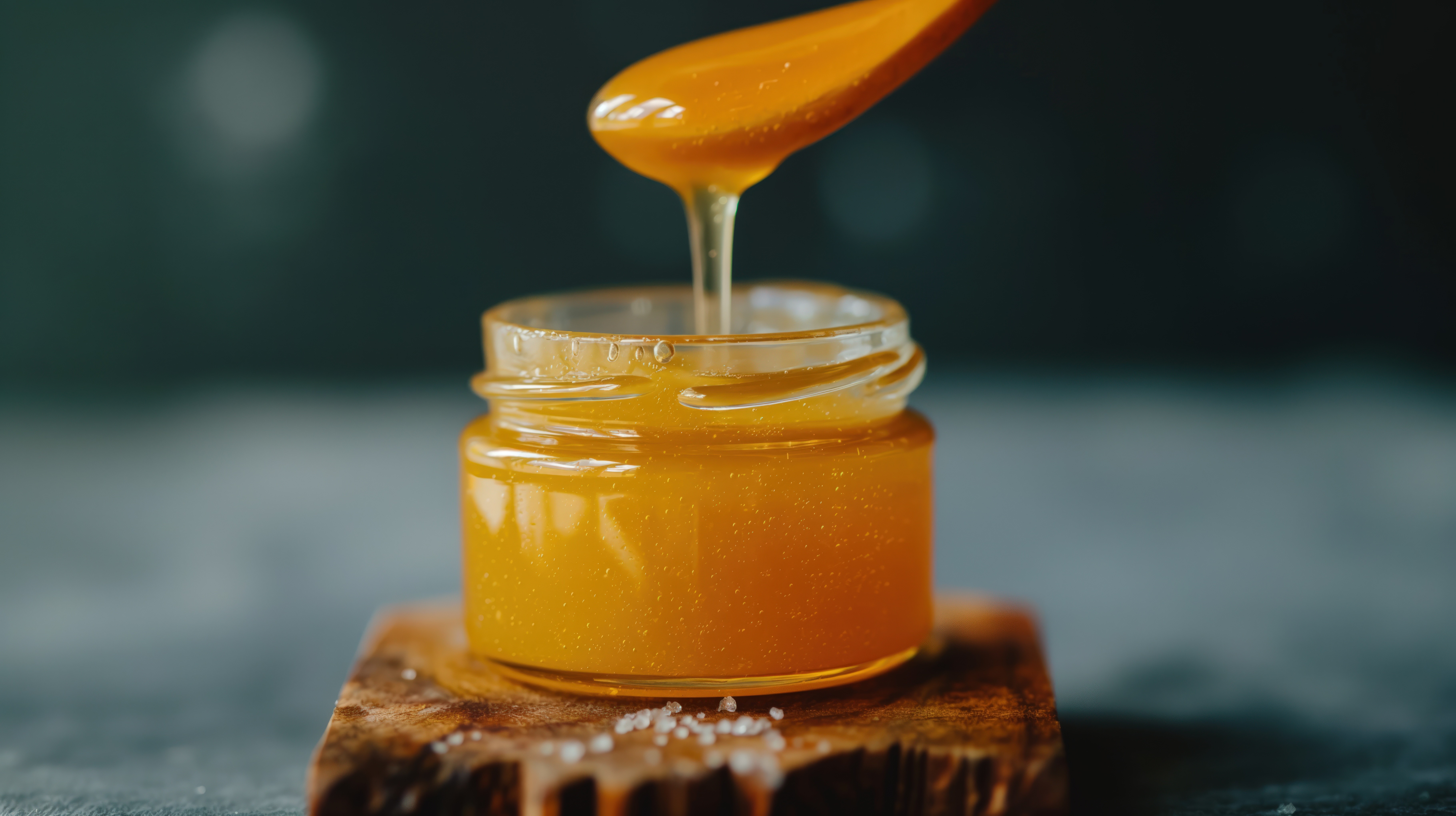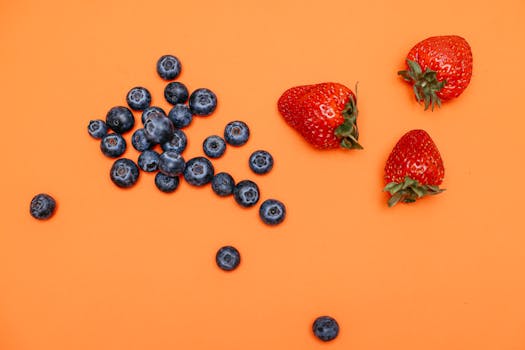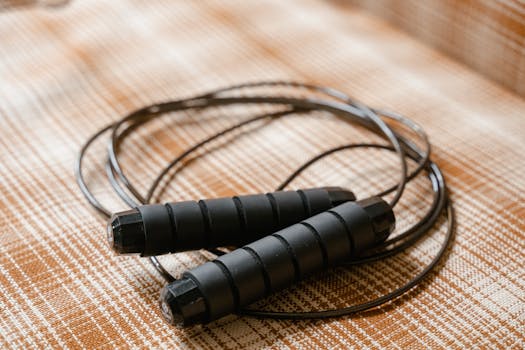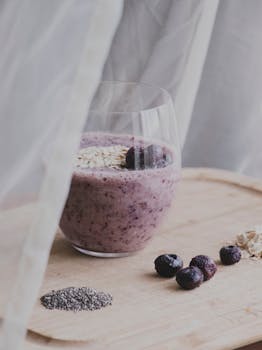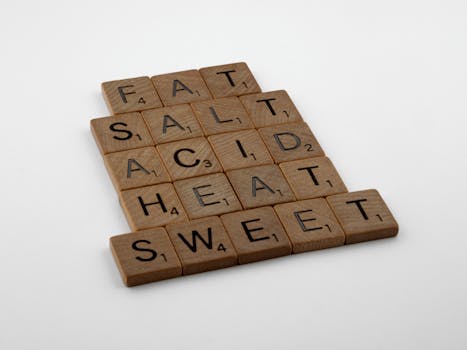Does Honey Break a Fast? Effects on Fasting Explained
Oct 3, 2024
Intermittent fasting has gained significant popularity as a weight loss and health optimization strategy. As more people adopt this eating pattern, questions arise about what foods or drinks might break a fast. One common query is whether honey, a natural sweetener with potential health benefits, can be consumed during fasting periods. In this comprehensive guide, we'll explore the relationship between honey and fasting, addressing various concerns and providing evidence-based insights.
Understanding Intermittent Fasting
Before diving into the specifics of honey and fasting, it's essential to understand what intermittent fasting entails. Intermittent fasting is an eating pattern that alternates between periods of eating and fasting. Common methods include:
16/8 method: Fasting for 16 hours and eating within an 8-hour window
5:2 diet: Eating normally for five days and restricting calories for two non-consecutive days
Eat-Stop-Eat: Incorporating one or two 24-hour fasts per week
The primary goal of intermittent fasting is to allow your body to enter a fasted state, which can trigger various metabolic changes and potential health benefits.
The Basics of Fasting
During a fast, your body undergoes several physiological changes:
Decreased insulin levels
Increased human growth hormone (HGH) production
Enhanced cellular repair processes (autophagy)
Improved insulin sensitivity
Fat burning (ketosis)
These processes contribute to the potential benefits of intermittent fasting, including weight loss, improved metabolic health, and potentially increased longevity.
Does Honey Break a Fast?
To answer the question directly: Yes, honey typically breaks a fast. Here's why:
Caloric content: Honey contains approximately 64 calories per tablespoon, which is enough to trigger an insulin response and interrupt the fasted state.
Carbohydrate composition: Honey is primarily composed of sugars (fructose and glucose), which can rapidly increase blood glucose levels and insulin secretion.
Metabolic response: Consuming honey will initiate digestion and metabolism, ending the fasted state your body was in.
However, the impact of honey on your fast may depend on several factors, including the amount consumed and your specific fasting goals.
Can I Eat Honey During Intermittent Fasting?
While honey will technically break your fast, some intermittent fasting protocols allow for small amounts of low-calorie additions during the fasting window. If your primary goal is weight loss or metabolic health improvements, a small amount of honey (e.g., a teaspoon in tea) may not significantly impact your overall results.
However, if you're fasting for autophagy, longevity, or other specific health benefits that rely on a complete absence of caloric intake, it's best to avoid honey during your fasting window.
Can I Drink Black Coffee with Honey While Fasting?
Black coffee is generally considered acceptable during a fast due to its negligible calorie content. However, adding honey to your coffee will break your fast. If you're looking to enhance your coffee during a fast, consider these alternatives:
Cinnamon: Adds flavor without calories
Unsweetened cocoa powder: Minimal calories and potential health benefits
Salt: A pinch can reduce bitterness without adding calories
Remember, the goal during fasting is to minimize caloric intake and insulin response, so it's best to enjoy your coffee black if you want to maintain a fasted state.
Is Honey Good Before a Fast?
While honey isn't suitable during a fast, it can be beneficial when consumed before starting your fasting period. Here's why:
Energy source: Honey provides a quick source of energy, which can help you feel satisfied as you enter your fasting window.
Glycogen replenishment: The sugars in honey can help replenish liver glycogen stores, potentially making your fast more manageable.
Antioxidants: Honey contains antioxidants that may support overall health as you enter your fasting period.
If you choose to consume honey before a fast, do so as part of a balanced meal or snack to help stabilize blood sugar levels and prolong satiety.

Which Foods Don't Break a Fast?
While honey breaks a fast, several foods and beverages are generally considered acceptable during fasting periods:
Water: Plain water is the best choice during a fast
Black coffee: Without added sugars or creamers
Unsweetened tea: Green, black, or herbal teas without additives
Apple cider vinegar: In small amounts, diluted in water
Electrolyte drinks: Sugar-free and calorie-free options
Remember, even these "fasting-friendly" options should be consumed in moderation, as excessive intake might still trigger an insulin response or interfere with the benefits of fasting.
Does Honey Spike Insulin?
Yes, honey does cause an insulin spike. Despite being a natural sweetener, honey still contains sugars that rapidly increase blood glucose levels, prompting the pancreas to release insulin. The glycemic index (GI) of honey varies but generally ranges from 50 to 65, which is considered moderate to high.
However, compared to refined sugar, honey may have a less dramatic effect on insulin levels due to its complex composition, including enzymes and other beneficial compounds. Still, for the purposes of fasting, any insulin spike is generally considered to break the fast.
Will Lemon Break a Fast?
Lemon juice, when consumed in small amounts, is unlikely to significantly impact your fasted state. A tablespoon of lemon juice contains only about 3-4 calories and minimal carbohydrates. Many people add a slice of lemon or a splash of lemon juice to their water during fasting periods without concerns.
However, if you're following a strict fasting protocol, it's best to stick to plain water. For those with more flexible fasting goals, lemon water can be a refreshing option that may even offer some benefits:
Increased hydration
Vitamin C boost
Potential appetite suppression
As with any fasting modification, consider your personal goals and consult with a healthcare professional if you have concerns.
The Health Benefits of Honey
While honey may break a fast, it's worth noting its potential health benefits when consumed during eating windows:
Antioxidant properties: Honey contains various antioxidants that can help combat oxidative stress in the body.
Antibacterial effects: Some types of honey, particularly Manuka honey, have potent antibacterial properties.
Wound healing: Topical application of honey has been shown to promote wound healing.
Cough suppression: Honey can be an effective natural cough suppressant.
Potential metabolic benefits: Some studies suggest that honey may have positive effects on markers of metabolic health, though more research is needed.
These benefits make honey a valuable addition to a balanced diet when consumed in moderation during non-fasting periods.
Incorporating Honey into Your Intermittent Fasting Routine
If you enjoy honey and want to include it in your intermittent fasting lifestyle, consider these strategies:
Use honey during eating windows: Incorporate honey into meals or snacks during your designated eating periods.
Pre-fast honey consumption: Enjoy a small amount of honey as part of your last meal before starting your fast.
Post-fast honey: Break your fast with a balanced meal that includes a modest amount of honey for sweetness and quick energy.
Honey in post-workout nutrition: If your eating window aligns with your exercise routine, consider adding honey to your post-workout meal or shake.
Remember, moderation is key. While honey offers potential health benefits, it's still a source of sugar and should be consumed mindfully, especially if weight loss is your primary goal.
Alternatives to Honey During Fasting Periods
If you're craving sweetness during your fasting window but want to maintain your fast, consider these alternatives:
Stevia: A natural, zero-calorie sweetener that doesn't impact blood sugar levels
Monk fruit extract: Another natural, zero-calorie option
Erythritol: A sugar alcohol with minimal caloric impact
While these alternatives won't break your fast, it's still best to use them sparingly to avoid potential digestive issues and to maintain the mental discipline associated with fasting.
The Importance of Listening to Your Body
While guidelines and research provide valuable information, it's crucial to listen to your body when practicing intermittent fasting. Everyone's physiology is unique, and what works for one person may not work for another. Pay attention to how your body responds to different fasting protocols and make adjustments as needed.
If you find that a small amount of honey helps you adhere to your fasting routine without significantly impacting your goals, it may be worth incorporating. However, if you notice that honey consumption during fasting periods leads to increased hunger, cravings, or difficulty maintaining your fast, it's best to avoid it.
Combining Intermittent Fasting with Exercise
Many people combine intermittent fasting with exercise to enhance their health and fitness results. If you're following this approach, consider these tips:
Time your workouts: If possible, schedule intense workouts during your eating window or close to when you'll break your fast.
Stay hydrated: Proper hydration is crucial, especially when fasting. Drink plenty of water before, during, and after your workouts.
Listen to your body: If you feel weak or dizzy while exercising in a fasted state, it's okay to break your fast or adjust your workout intensity.
Post-workout nutrition: When breaking your fast after a workout, prioritize protein and complex carbohydrates to support recovery.
Remember, while fasted exercise can have benefits, it's not necessary for everyone. Find the approach that works best for your body and goals.
Conclusion: Making Informed Decisions About Honey and Fasting
In conclusion, honey does break a fast due to its caloric content and impact on insulin levels. However, the decision to include or exclude honey from your fasting routine ultimately depends on your specific goals, the type of fast you're following, and your individual response.
If your primary goal is weight loss or general health improvement, small amounts of honey may not significantly impact your results. However, if you're fasting for autophagy, gut rest, or other specific health benefits, it's best to avoid honey during fasting periods.
Remember these key points:
Honey contains calories and sugars that can break a fast.
Small amounts of honey may be acceptable for some fasting protocols, but not for stricter approaches.
Honey can be a healthy addition to your diet during eating windows.
Listen to your body and adjust your approach as needed.
Ultimately, the most effective fasting routine is one that you can sustain long-term. If including a small amount of honey helps you adhere to your fasting schedule without compromising your goals, it may be a reasonable compromise.
As with any significant dietary change, it's always wise to consult with a healthcare professional, especially if you have underlying health conditions or concerns. They can provide personalized advice based on your individual needs and medical history.
Remember, intermittent fasting is just one tool in the broader context of a healthy lifestyle. Combining it with a balanced diet, regular exercise, adequate sleep, and stress management will yield the best results for your overall health and well-being.
You should not have to do it all on your own



